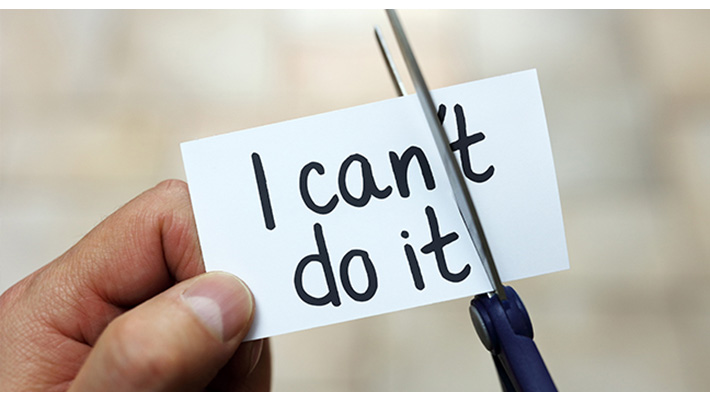
These expert tips will turn your New Year’s resolutions into long-lasting healthy habits.
Have you ever heard that it takes 21 days for a new habit to truly stick? “It’s a myth,” says Benjamin Gardner, a social psychologist and senior lecturer at King’s College London.
The average time it takes to form a new habit is actually about 66 days, according to Gardner. But, he adds, everyone is different. If that makes you want to abandon your resolution, don’t give up!
The good news is that no matter what the magic number of days is for you, every day you stick with it, your healthy choices will get easier. “Habit strength should be seen on a continuum,” says Gardner. After as little as two weeks you may find new habits starting to feel more like second nature, even if they still take some effort.
If you’re ready to make 2020 your healthiest year yet, try these tips to make your resolutions stick once and for all.
Be specific. No matter what you’re trying to achieve—eating better, getting in shape, reducing stress—a specific plan is going to get you further than a vague one. Don’t just say you’re going to “start running.” Instead, pick concrete time and day you plan to do so, such as “I’m going to go running after work on Mondays.”
“You’re trying to form a new association with your habit,” explains Gardner. Which means every time you go for a run after work on a Monday, that association is strengthened. Eventually, it will become automatic.
Be positive. Sometimes good habits are really about breaking bad habits. Gardner’s research has confirmed what we all know: It’s simply not possible to form a habit for not doing something. Ending a bad habit, like smoking or eating fried foods every day, will likely require a new behavior to compete with that existing bad behavior.
“The very nature of a habit is that once it’s locked in it’s difficult to shift,” says Gardner. “You’re trying to battle against your own automatic processes.”
What you’re really doing is stopping yourself from responding to an impulse. Don’t simply say you’re going to give up afternoon potato chips. Make a plan for what foods you will replace the chips with.
Start simple. Ingraining new habits is hard work. And the more complex the habit, the longer it usually takes to settle in. For example, drinking an extra glass of water daily will probably be easier than finding 30 minutes every day for a new exercise routine. So get started by breaking those more complex goals into simpler, smaller goals. That might mean adding reminders to your calendar to work out at set times for the first month. “As long as you’re motivated,” says Gardner, “over time your new habits will develop.”
 Mindful Sodexo
Mindful Sodexo 
0 Comments